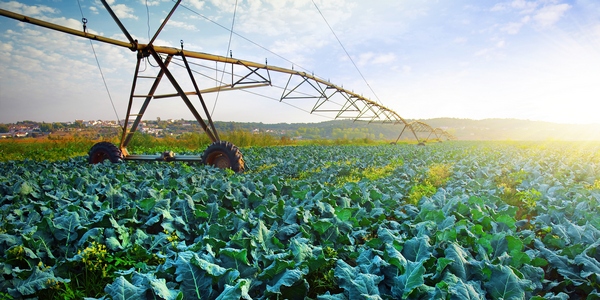
March 30, 2012, by Brigitte Nerlich
Putting Science in its Place
Guest post by Beverley Gibbs (Beverley.Gibbs@nottingham.ac.uk), PhD student at the Institute for Science and Society
I was at a seminar a few weeks ago at Nottingham University on The Political Economy of Food Security by Gerardo Otero who is visiting us from Canada. Gerardo has published empirical studies analysing the impact of biotechnology on small farmers and the hungry[1] and in his talk said, “…it is a total myth that biotechnology solves food security issues and helps the poor farmer”.
Often we talk about technologies only in terms of what they are, what they could do, whether they’re safe. But really, we all know that by the time science becomes real in the world (usually as a commercial technology), it has normally become fully entangled in a much broader landscape of social, economic, technical and political issues involving some very muddy areas indeed. For agricultural biotechnology these include the structure of commercial ownership of seed and associated products, a tendency towards monoculture, loss of biodiversity, increased crop vulnerability – all of which can lead to increased inequalities not only between developed and developing countries but within developing countries themselves.
I wanted to contrast this with the position of Sir Paul Nurse, President of the Royal Society speaking in February: “It is time to reopen the debate about GM crops in the UK but this time based on scientific facts and analysis. We need to consider what the science has to say about risks and benefits, uncoloured by commercial interests and ideological opinion. It is not acceptable if we deny the world’s poorest access to ways that could help their food security, if that denial is based on fashion and ill-informed opinion rather than good science” [2]
This type of plea – for a depoliticised science and technology – is somewhat appealing, and indeed a young scientist at Otero’s talk commented on the need for scientific solutions – applicable on smaller scales – that aren’t bound up in exploitative commercial regimes.
My aim here is not enter a benefit debate about biotechnology and food, but to highlight the way we talk about science and politics. If we want science to achieve more good than harm, then thinking about science in its ‘purest’ sense – some sort of technological fix where a socio-economic context can be manipulated around it – is illusory (and are we encouraging this thinking in ‘upstream’ engagement?). Is it good enough to look at theoretical benefits, as if that were the greatest challenge? Scientists are some of the most privileged people in the modern world in terms of access to knowledge, a valued position in society, intellectual strength and financial resources. Isn’t it a bit of a cheap trick to then tell all opponents, doubters or wobblers that the only basis for debate is “good science” and that commercial or values-based discussions are irrelevant?
This is not a question of camps – scientists are already citizens of local, national and global societies. How they choose to exercise that citizenship individually and en masse is more interesting. To me, the question is this: given what’s enjoyed in terms of knowledge, resources and influence, is it an avoidance of responsibility to leave the social, economic and political consequences to someone else to worry about?
[1] Food for the Few: Neoliberal Globalism and Biotechnology in Latin America by Gerardo Otero. University of Texas Press, 2010
[2] The New Enlightenment: The Richard Dimbleby Lecture 2012 by Sir Paul Nurse Tuesday 28th February 2012. Transcript on The Royal Society website here.

A recent study released by the International Journal of Biological Sciences found that Monsanto’s GM Corn causes liver and kidney damage in lab rats. Monsanto only released the raw data after a legal challenge from Greenpeace, the Swedish Board of Agriculture, and French anti- GM campaigners. I’m sure the corn is fine to feed to our cattle or eat ourselves though. Right?
Hi Ella, Thanks for your comment. You take us back to the debate regarding safety which Im sure many would say is an issue firmly located in the science, resolvable through the scientific process. However, as you highlight, scientific study is not always as transparent or impartial as we might need if it is to be the sole authority in such a hotly contested area! Beverley
Would it make people think that science is useful?